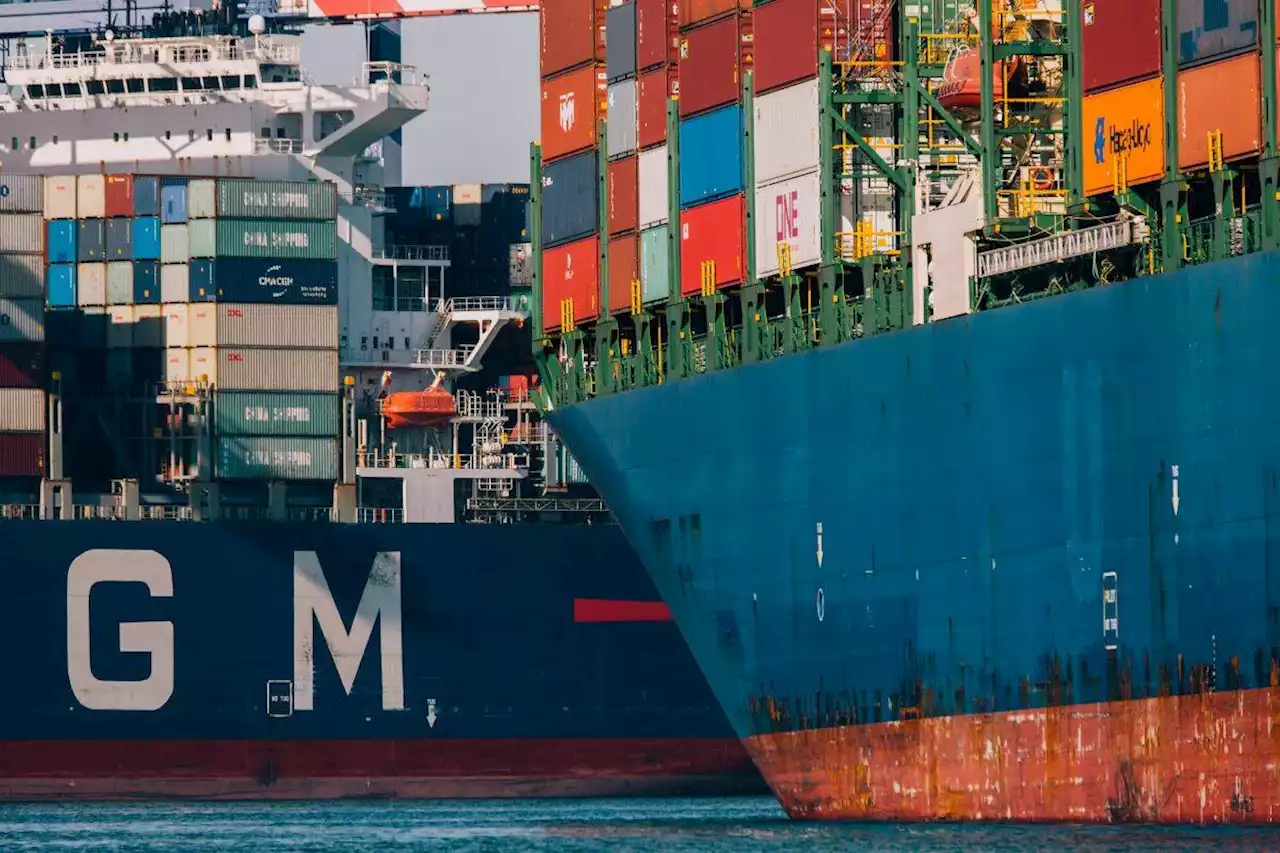Throughout California, more than 1.1 billion pounds of almonds from last year’s harvest are sitting in warehouses, a volume roughly one-third larger than this time last year, according to the almondalliance.
Throughout California, more than 1.1 billion pounds of almonds from last year’s harvest are sitting in warehouses, a volume roughly one-third larger than this time last year, according to the Almond Alliance of California, an industry trade group. During a normal spring, the sight of orchards bursting with clusters of almonds is a boon throughout California’s Central Valley. Here is money growing on trees.
Beyond a logistical torment, the crisis assailing almond producers is inflicting deep financial consequences, from diminished revenues to higher costs for storage. The same can be said for a broad array of other American agricultural exporters — from wheat growers in North Dakota to soybean producers in Nebraska — as shipping crops to customers has become maddening to the point of futility.
Shipping companies — which last year collectively secured profits reaching $190 billion — harvested especially enormous returns on their routes from Chinese ports to the West Coast of the United States. “Foreign carriers are being allowed to disrespect us, and we can’t do anything about it,” said Aubrey Bettencourt, the association’s president. “We have no recourse.”
Recently passed bills in the House and Senate would bolster the commission’s authority to investigate complaints and take action. He blamed changes in supply and demand for rising shipping costs, while warning that federal intervention could worsen troubles. Fresh from college at Fresno State, Blocker worked as a commodity trader for Cargill, the agribusiness conglomerate. In 2013, he started Valley Pride.
The chaos roiling shipping has widened the time between those two events. That has forced the company to tap its credit line, expanding what it has borrowed to about $8 million from less than $2 million, Blocker said. In a typical week, Valley Pride dispatches 50 containers full of almonds, the vast majority out of Oakland. In recent weeks, the company has struggled to confirm just five bookings. Even those have tended to be “rolled over,” in shipping parlance — bumped to a later date — when loading day arrived and no containers could be found.
Meanwhile, carriers have raised shipping rates. In June, Mediterranean Shipping was charging $1,400 to move a 40-foot container from Oakland to Dubai. This month, the carrier raised the fare to $7,700, while refusing to honor previous rates on bookings that had been repeatedly rolled. Valley Pride has looked into hauling almonds east to the port of Savannah, Georgia. But the train passage across the country alone could take two weeks.
Friedmann said he has pressed Biden administration officials to force the carriers to pick up exports in Oakland. He suggests the White House could implore the heads of shipping carriers to make this problem go away, or prepare for executive branch intervention. Some carriers are already expanding export capacity.
The next day, Blocker drove 110 miles north to Manteca to visit his most important customer, Phippen. Phippen, meticulous about seemingly everything, stopped and frowned as he wandered around his warehouse, noticing one bag of almonds that was sagging ever so slightly to the left.“I’m a control freak,” he added — not by way of apology but as a point of pride. “When I have to count on other people to do things for me, I just don’t trust it will get done right.”
